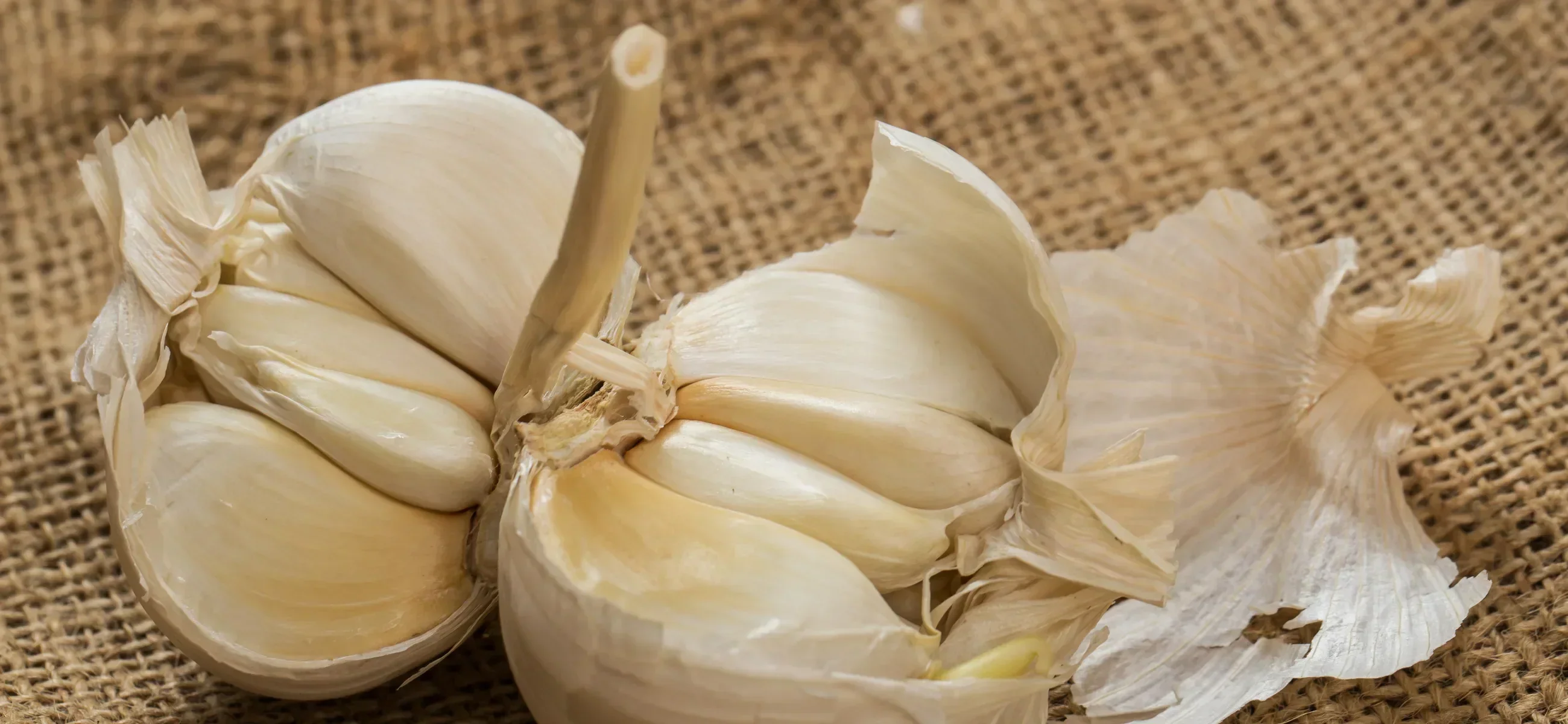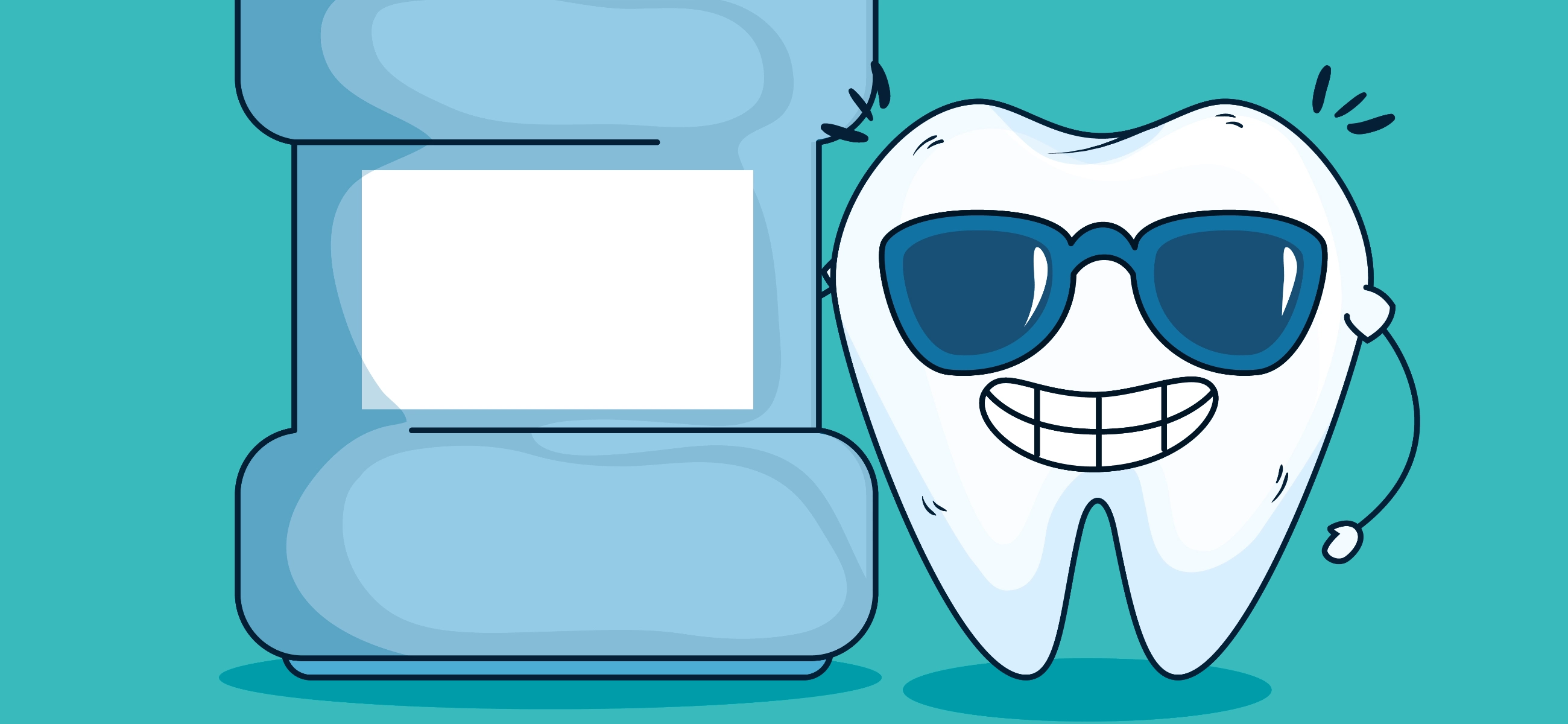
In this article
So, you know when you've had a few drinks, and you worry about how long that smell sticks around? Well, it turns out, alcohol can hang out on your breath for quite some time! But don't stress—there are things you can do to freshen up.
People often wonder about tricks to hide alcohol breath, like chewing gum or using mouthwash. They're also curious about why certain drinks seem to leave a stronger smell behind. Learning about these things can help you feel more confident and prepared for social situations. So, let's uncover all the secrets about alcohol breath especially the duration!
How long does alcohol stay on your breath after drinking?
Alcohol can be detected on the breath for up to 12 hours after drinking, with stronger-smelling drinks like whiskey or vodka potentially leaving a more noticeable odor. However, the smell of alcohol on your breath doesn't necessarily indicate intoxication levels, as breathalyzer tests measure blood alcohol concentration, not breath odor.
How long does alcohol stay on your breath for breathalyzer
Alcohol can be detected on your breath for up to 24 hours after drinking, but the period of time during which you're likely to register a positive result on a breathalyzer test ranges from 12 to 24 hours after your last drink.
It's important to note that breathalyzer tests measure blood alcohol concentration (BAC) indirectly by analyzing the alcohol content in your breath, so even if you don't feel intoxicated, you may still register a positive result if alcohol is present in your system.
How long does alcohol stay on your breath for interlock?
Alcohol can stay on your breath for an interlock device for a period of time after drinking, ranging from 12 to 24 hours. Interlock devices, used in vehicles for individuals with past DUI convictions, measure alcohol concentration in the breath to determine if the driver is sober enough to operate the vehicle safely.
You may need to wait until you're sure you're sober before attempting to use an interlock device to avoid potential legal consequences.
What affects the time alcohol in your stomach?
Several factors can affect the time alcohol spends in your stomach:
-
The speed at which you drink can impact how quickly alcohol enters your stomach. Consuming alcohol rapidly can overwhelm the stomach's ability to process it and makes a longer residence time.
-
Consuming alcohol on an empty stomach allows it to be absorbed more quickly into the bloodstream. Eating food before or while drinking can slow down the absorption process and prolong the time alcohol remains in the stomach.
-
Beverages with higher alcohol content, such as spirits, are absorbed more quickly than lower-alcohol beverages like beer or wine. Carbonated alcoholic drinks may speed up stomach emptying and cause faster absorption.
-
Each person's metabolism and physiology are unique and affects how quickly alcohol is metabolized and eliminated from the body. Factors such as body weight, gender, genetics, and overall health can influence the time alcohol spends in the stomach.
-
Certain medications or health conditions can affect gastric motility and emptying and alter the time alcohol remains in the stomach. Liver function plays a significant role in metabolizing alcohol, so liver disease or impairment can impact alcohol processing.
When does it become alcoholism?
Alcoholism, also known as alcohol use disorder (AUD), is characterized by a pattern of excessive alcohol consumption that leads to significant distress or impairment in various areas of life. It's important to note that alcoholism is a complex condition with multiple factors contributing to its development. Some signs that alcohol use may have crossed into alcoholism include:
-
Inability to limit alcohol consumption or unsuccessful attempts to cut down despite the desire to do so.
-
Spending a significant amount of time obtaining, using, or recovering from the effects of alcohol.
-
Experiencing physical or psychological withdrawal symptoms when alcohol use is reduced or stopped.
-
Needing to consume increasing amounts of alcohol to achieve the desired effects.
-
Continued use despite consequences: Persisting in alcohol use despite experiencing negative consequences, such as health problems, relationship difficulties, or legal issues.
-
Prioritizing alcohol use over important obligations, such as work, school, or family responsibilities.
-
Decreased interest in activities that were once enjoyable or meaningful due to alcohol use.
How to measure alcohol in your system?
There are several ways to measure alcohol in your system, including:
-
Breathalyzer test: A breathalyzer measures the alcohol content in your breath to estimate your blood alcohol concentration (BAC). The device analyzes the amount of alcohol present in the air you exhale and provides a numerical reading.
-
Blood test: A blood test directly measures the concentration of alcohol in your bloodstream. Blood tests are considered the most accurate method for determining BAC and are often used in legal or medical settings.
-
Urine test: Urine tests can detect the presence of alcohol metabolites in your urine, providing an indication of recent alcohol consumption. While urine tests are less accurate than blood tests, they can still provide useful information in certain situations.
-
Saliva test: Saliva tests can detect alcohol in saliva samples and offers a quick and non-invasive method of alcohol testing. These tests are often used in roadside screenings or workplace testing programs.
-
Field sobriety tests: Field sobriety tests, such as walking in a straight line or standing on one leg, are used by law enforcement officers to assess a person's coordination and balance, which can be impaired by alcohol consumption. While these tests are not direct measures of BAC, they can indicate impairment and prompt further testing.

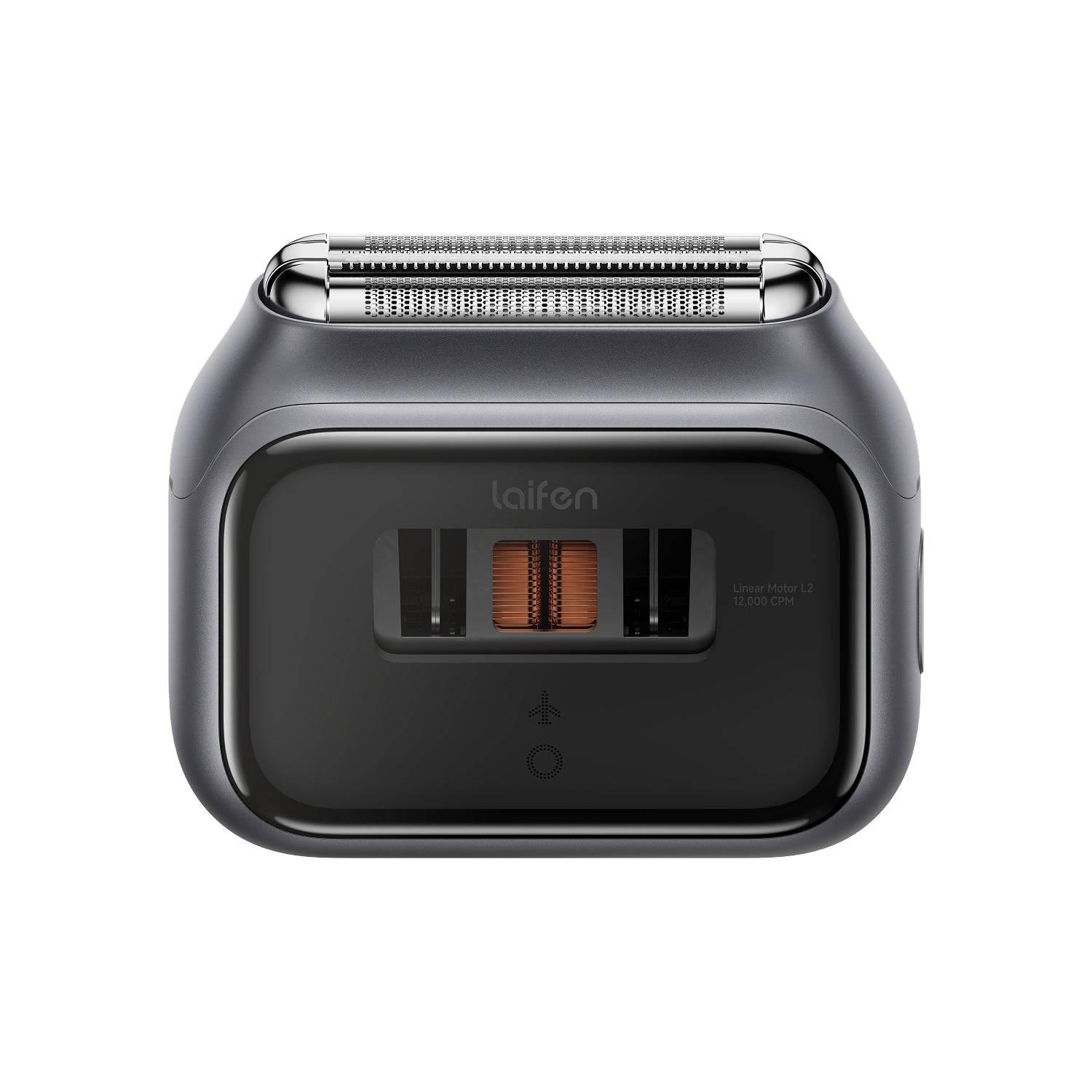
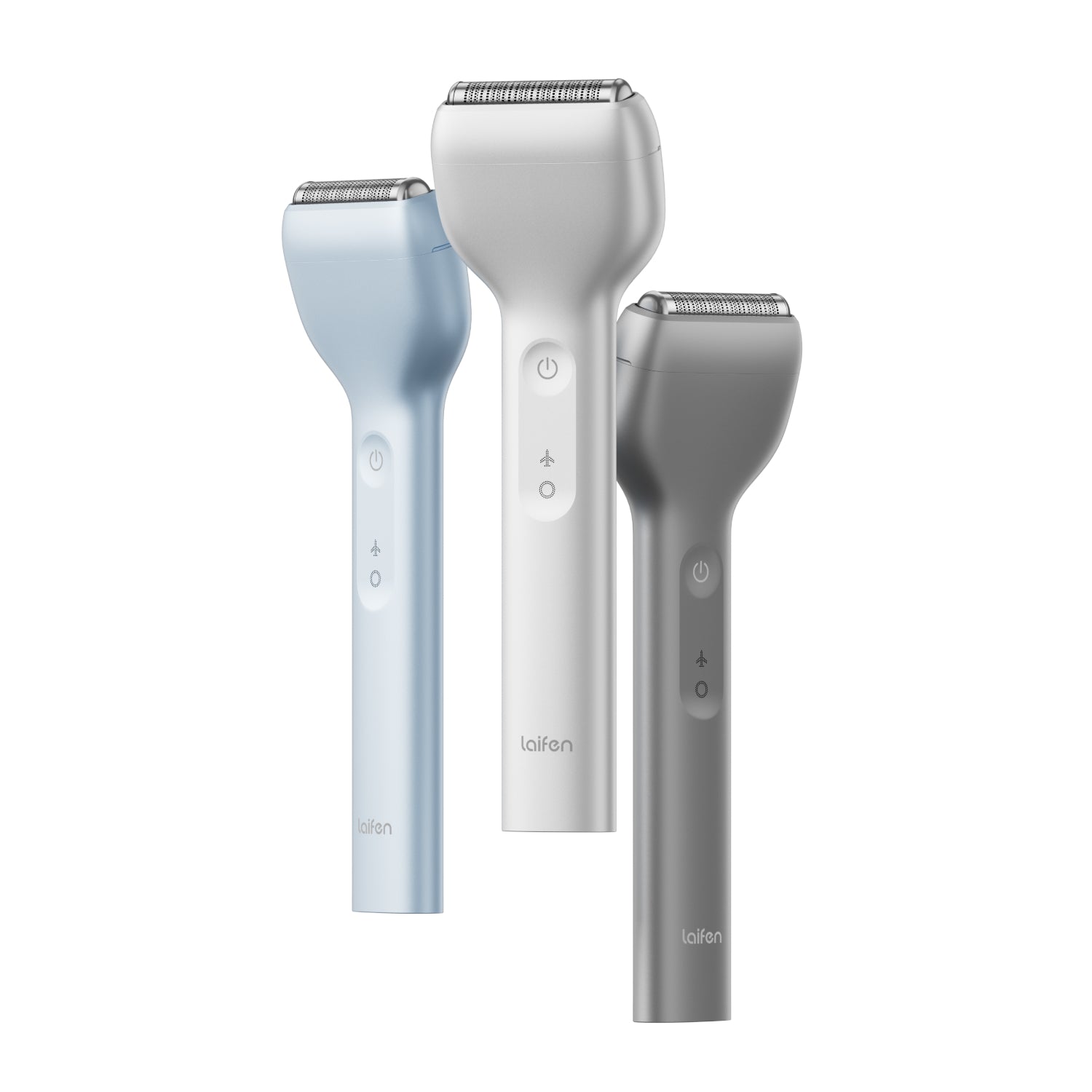


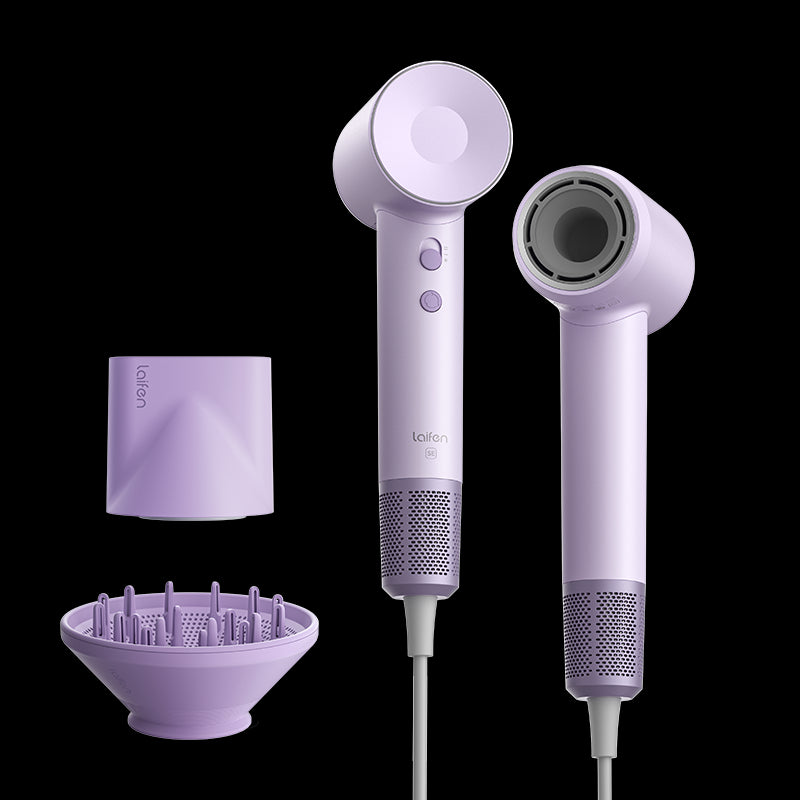










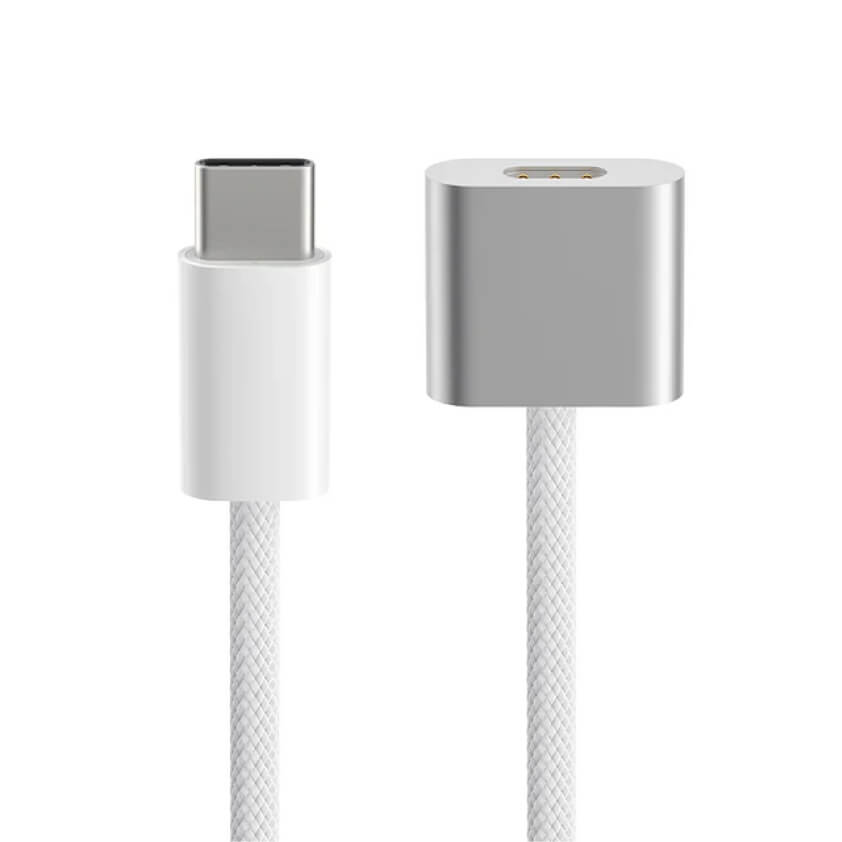








![10 foods that cause bad breath [2024]](http://www.laifentech.com/cdn/shop/articles/foods-that-cause-bad-breath.webp?v=1716435429)
